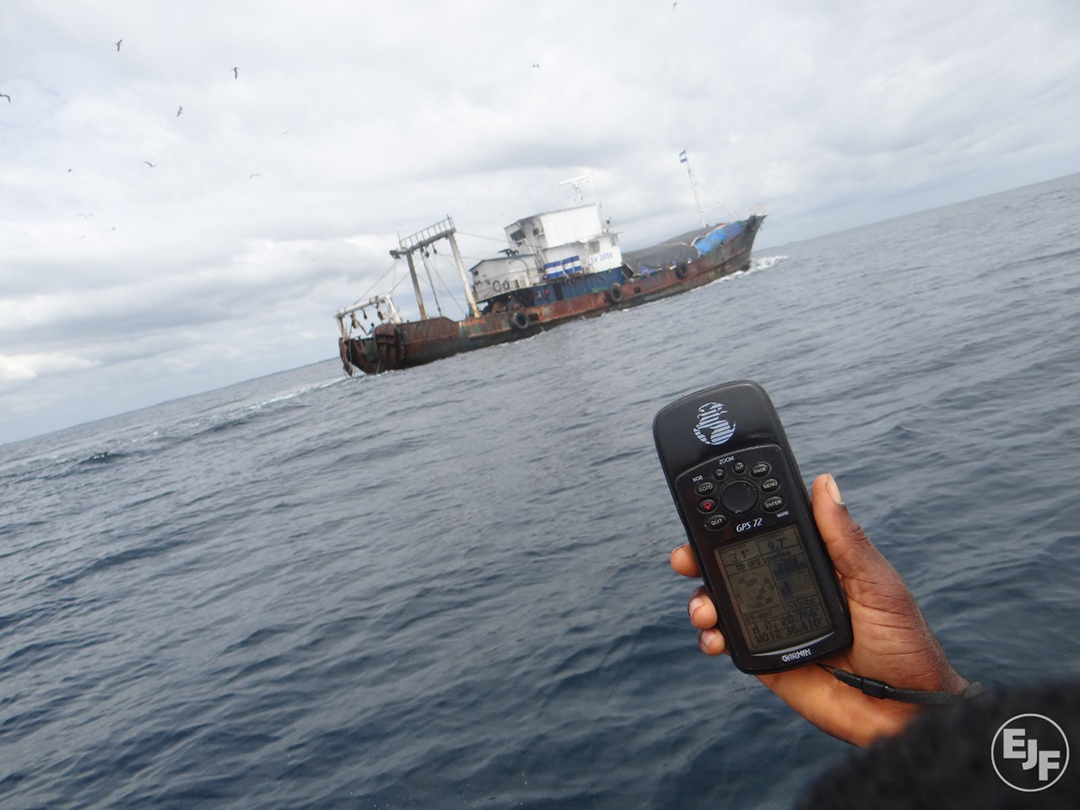New Transparency Project Helps Senegal Combat Illegal Fishing
ADF STAFF
The Environmental Justice Foundation (EJF) and a fisheries intelligence analysis company have joined forces with Senegal’s government on a new program focused on promoting transparency among the nation’s fisheries and ridding the country of illegal fishing.
Funded by Oceans 5, a philanthropic organization dedicated to protecting the world’s oceans, the nearly $1.2 million, three-year project with EJF and Trygg Mat Tracking (TMT) aims to publish up-to-date fishing license lists and vessel registries online. It will also empower artisanal fishermen to play a role in surveillance and monitoring efforts at the port of Dakar, as well as the government’s fishing-related decision-making processes.
More than 30 industrial vessels were charged with illegally fishing in Senegal last year, the foundation reported. One of the project’s components is meant to allow stakeholders in the country’s fishing communities to document suspicious fishing activities.
“Unlike some other coastal countries in the region, Senegal has experience in participatory surveillance, and its authorities acknowledge its importance,” Steve Trent, the EJF’s chief executive officer and founder, told ADF in an email. “Small-scale fishers and local surveillance units work hand in hand to prevent, deter and eliminate IUU [illegal, unreported and unregulated] fishing. This work faces operational, technical and funding limitations, which the project will help overcome.”
Fishing activities provide more than 600,000 jobs domestically and nearly 75% of the animal protein consumed in Senegal comes from fish. But 90% of the nation’s fisheries are fully fished or facing collapse, according to data compiled by the foundation and United Nations.
As in other parts of West Africa, Senegal’s fish are mostly exported to Asia and Europe, routinely as fishmeal or fish oil produced at Chinese-owned factories that pollute the environment. China is the world’s worst IUU fishing offender, according to the Global Initiative Against Transnational Organized Crime.
Artisanal fishermen were angered last year when Senegal’s Fishing Ministry publicly rejected the applications of 52 trawlers but issued licenses to three fishing vessels in China’s Fu Yuan Yu fleet, which were chased away by Djibouti’s Coast Guard in 2017 over suspicious fishing operations. That information was provided only after an investigation that was made difficult and time-consuming by the government’s lack of transparency, according to the EJF.
COVID-19 restrictions on public meetings may have exacerbated the situation, Yann Yvergniaux, senior analyst at TMT, told ADF in an email, adding that Senegal’s government has made efforts to promote transparency in its fisheries in recent years.
“Following the review of Senegal’s fisheries law in 2015, the government has established a review committee responsible for assessing license applications by industrial vessels,” Yvergniaux said. “As part of the [current] project, TMT will support that committee through a review of procedures, intelligence in support to due diligence processes, as well as training on background checking methods” and other processes.
Senegal’s government understands the importance of eliminating IUU fishing through enhanced transparency and enforcement measures and embraces the new project, Mactar Diallo, secretary general of the Ministry of Fisheries and Maritime Economy, said in a report by Senegal Black Rainbow.
Diallo said foreign vessel owners may be fined up to nearly $1.8 million over illegal fishing activities.
“In case of recurrence, we can go as far as the confiscation of the ship,” Diallo said.


Comments are closed.